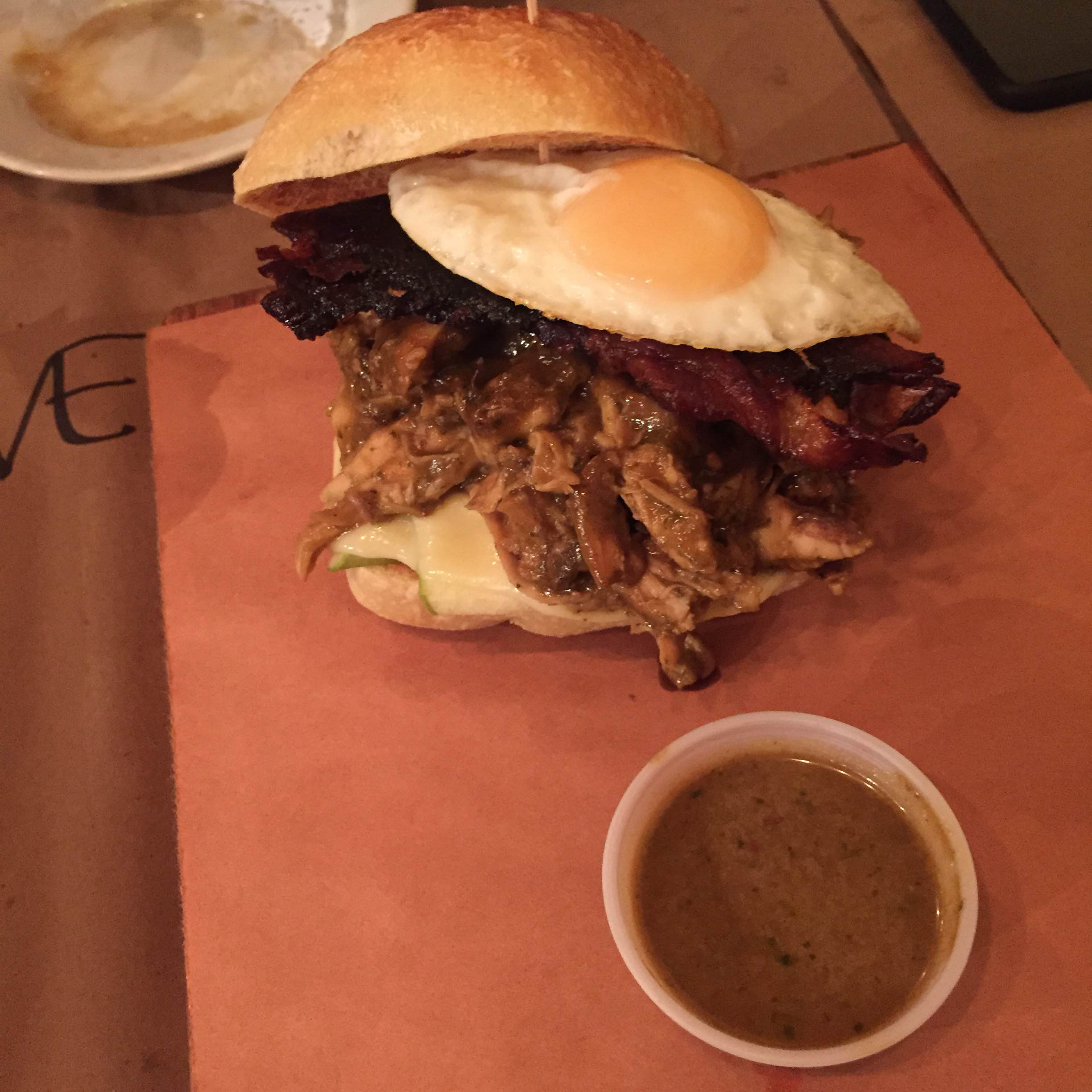Diplomat Hamid Ansari Steps Onto Political Stage
By Nilofar Suhrawardy, Muslim Media News Service (MMNS)
NEW DELHI – Committing himself to his new role as the Vice-President, Mohammed Hamid Ansari said that he would not let political differences affect his responsibilities. “I would rise above party lines.†As the Rajya Sabha chairperson, he said: “I would ensure that major issues confronting the nation are thoroughly debated in the Upper House.†He made these comments in his first informal interaction with media persons after taking oath as the vice president, the second highest constitutional office in the country.
Ansari, with a distinguished background as a diplomat and scholar with leanings towards the Left, assumed office as the 13th Vice President on Saturday. He was sworn into this office by President Pratibha Patil at a simple ceremony held at Rashtrapati Bhawan (August 11). The decision of the United Progressive Alliance (UPA) and Left combine to nominate Ansari as their candidate for vice presidential elections, held on August 10, was announced on July 20. The other two candidates were Najma Heptullah, former deputy chairperson of Rajya Sabha, as nominee of Bharatiya Janata Party (BJP)-led National Democratic Alliance and Rashid Masood as a candidate of United National Progressive Alliance (UNPA). This was the first triangular fight for this post with all the candidates being Muslims.
With Ansari stepping onto the political stage without any parliamentary experience, before the polls, there were some apprehensions that he may secure lesser than expected votes. However, reverse was the case with him securing 455 votes while his supporters had expected him to secure about 425. In the electoral college of 788 members, consisting of legislators belonging to both Houses, Ansari needed 393 votes to secure a simple majority. As Ansari’s victory was certain, the election viewed as a mere formality, played a greater role in displaying votes each candidate managed to get. Heptullah secured 222 votes, while Masood got only 75. In all 762 members cast their votes, with 10 being invalid.
Soon after Ansari was declared the winner, among the first to congratulate him was President Patil, who extended her greetings to him on phone. Prime Minister Manmohan Singh and UPA chairperson Sonia Gandhi drove to Ansari’s residence to extend congratulations to him. “Ansariji’s victory is triumph of merit and triumph of secular values,†Singh said after congratulating Ansari. This was second electoral win for UPA, which was a “good victory,†while the presidential election was a “tense†affair, Gandhi said. She also thanked UPA allies, the Left bloc and the Bahujan Samaj Party (BSP) for their support.
Ansari succeeds Bhairon Singh Shekhawat, who stepped down last month after being defeated by Patil in presidential elections. As the vice-president, Ansari would also be the chairperson and presiding officer of the Upper House (Rajya Sabha) of the Parliament. He assumed this charge on Monday (August 13). As Ansari has never been a member of Parliament, several apprehensions have been voiced on his handling of this job. Dispelling doubts that lack of political experience will make job of chairing the Upper House difficult for him, Ansari said last week: ““I am aware of the responsibilities of the new post and will attempt to discharge my duties to the best of my abilities.†Expressing that he was looking forward to this job “with anticipation and with trepidation,†he said: “I do not imagine there will be any difficulty in running the House.†On how would he handle the Upper House, Ansari simply remarked: “In any assembly it is the assembly that runs itself. So, how difficult the House would be would depend on the cooperation of the members.†“Any organization is run on the basis of rules and regulations. The Rajya Sabha has excellent rules and regulations,†Ansari asserted.
While his family belongs to Ghazipur, Ansari was born in Kolkata (West Bengal) on April 1, 1937. With a career as a distinguished diplomat, Ansari joined the Indian Foreign Service in 1961. He earlier served as ambassador of India to Saudi Arabia, Iran, United Arab Emirates and Afghanistan, high commissioner to Australia and as India’s permanent representative to United Nations. He was the Vice Chancellor of Aligarh Muslim University from May 2000 to March 2002 and has served as visiting professor at West Asian and African studies’ center in Jawaharlal Nehru University and at Academy for Third World Studies in Jamia Millia Islamia. He was awarded the Padma Shri in 1984.
Known for his expertise in West Asian affairs, Ansari has written extensively on the subject. As a distinguished fellow of the Observer Research Foundation, he edited the book “Iran Today — Twenty Years After the Islamic Revolution.â€
He has served as the chairman of advisory committee for oil diplomacy (petroleum and natural gas ministry), as chairman of the India-UK Roundtable and as member of the National Security Advisory Board.
The last post held by Ansari was that of chairman, National Commission for Minorities (NCM). Earlier this year, after sending a team of commission members to Gujarat for inspecting camps housing victims of 2002-carnage, in his report the NCM noted that most of these lacked basic facilities even after five years had passed since the riots.
9-34













2007
929 views
views
0
comments